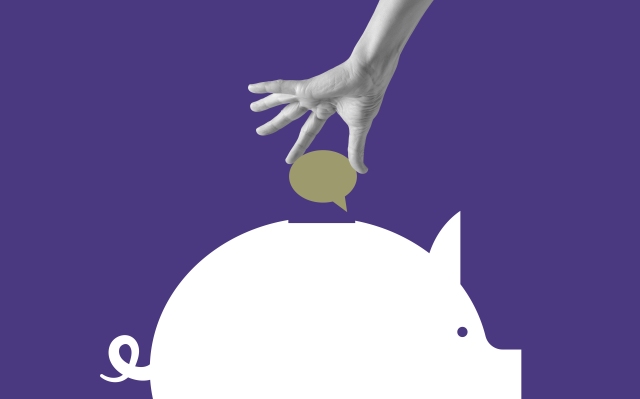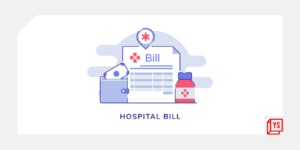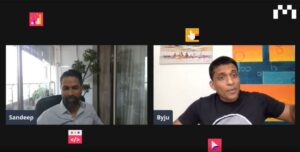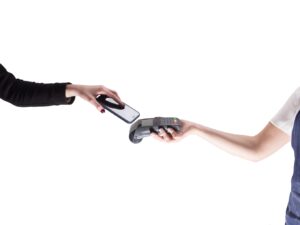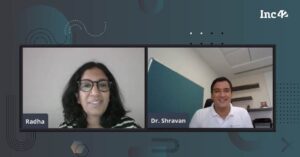The adoption of decentralized autonomous organizations, or DAOs, has skyrocketed in the past year, and participants believe this is just the beginning, claiming more use cases will form in the subsector.
DAOs are community-led groups that, in theory, allow participants to make operational decisions without centralized leadership. The groups are self-governing, typically raising capital through a token linked to the DAO. The tokens often provide members voting power on governance rules, and, through smart contracts, those votes affect and dictate what DAOs do.
Many DAOs focus on raising funds to support a certain cause or to purchase an item, whether that be buying a copy of the Constitution or a golf course, like ConstitutionDAO or LinksDAO have respectively aimed to do.
DAOs have even been compared to a new frontier for coordination, but some DAO participants say examples of these are just beginning.
“There will be a lot of evolution [for DAOs] as we start to fit the technology into human behavior,” Sarah Wood, head of operations at Upstream, said during a panel at the Avalanche Summit.
“I see a world where you can use a DAO for your book club, or whatever you want.”
Whether it be friends pooling money or taking action together, collective activity without centralized leadership is something everyone does regardless of whether they’re in crypto, Wood noted. The DAO ecosystem is potentially useful for any person or organization that wants to pool funds or make decisions together, but there needs to be better education so others can understand it, she added.
“I think we will see more use cases of people coming together to purchase an item, team or property,” Imran Khan, a core contributor of web3 accelerator Alliance, told TC. “This idea of social coordination as a way to bring groups together to purchase something is easiest to digest and conduct.”
Similar to the way AssangeDAO raised over $53 million to bid on an NFT that would support its mission to free WikiLeaks founder Julian Assange, Khan expects more people to come together in the future to support projects or missions globally.
“Aside from [DAOs purchasing assets], there will be more experiments to get people across the globe to follow a mission or theme,” Khan said.
Right now, DAOs are the third phase of online coordination, he said. In the past, Web 1.0 platforms connected people through email or chat rooms on sites like Yahoo or AOL. Then, Web 2.0 emerged, and online groups formed through social networking sites like Facebook or Reddit, but those groups often grew on the websites, not off of them, Khan said.
“It was always about growing Facebook, not the group,” Khan said. “So imagine being able to give a token to the group and self-grow and form; that’s very powerful. We’re going to grow and be disconnected from platforms and self-form, and I expect DAOs to be as big as nation-states.”

